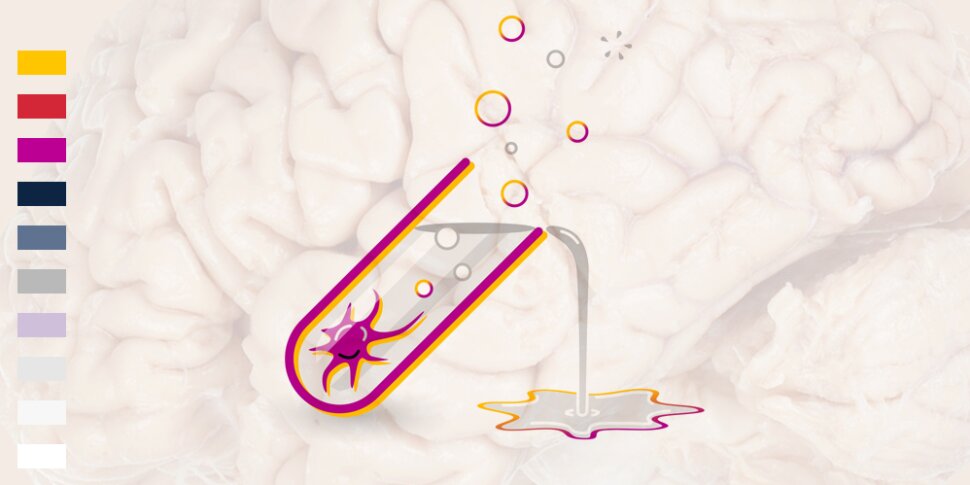Quick Guide:
- The Contact section lists your main contacts for info and deliveries. Contact-data of other staff can be found in the Members section, or in the Research section (main contacts per research group).
- A short description of each research field can also be found in the Research section, with more info in scientific publications via the Publications section.
- Courses tought by our staff are not shown on this site, but can be found on their personal pages, via the Members section.
- Patient care is done in the nearby University Hospital of Antwerp (Universitair Ziekenhuis Antwerpen, UZA), in which our researchers are active as well. See www.uza.be (in new window).
- These pages are in international English only 🇬🇧, except some entries in the Events section which may be in Dutch 🇧🇪 🇳🇱.
Research Mission:
Neurosciences is the study of the nervous system. Our research focuses on the sensory organs of the human head, and on the head and neck structures in which nerves play a major role: brain, eyes, ears, nose, teeth, tongue, and throat; and on all related health-issues.
This research includes fundamental, translational, and clinical research and development (R&D).
What is Translational Research?
The word "translational" is derived from the verb "to translate", which in this scientific context means: "to translate knowledge from theory to practice". In the field of medicine, we try to translate the theoretical knowledge about the human body into well working health-care solutions.
You could compare this to the field of engineering, which translates the theoretical laws of physics, chemistry, material sciences and math into all sorts of technical equipment and methods. Think of: cars, airplanes, machinery, electric and electronic devices, radio-communication, building materials, industrial chemical processes, fuels, plastics, metallurgy,..., in short, nearly every equipment or technology we have in our civilised world.
Although less visible, the same applies to medical sciences. Fundamental (theoretical) research tries to discover the basic principles of how the human body works. Translational research then develops practical therapies and health-care solutions from these theoretical laws. Next, clinical research tests the safety and effectiveness of these methods, so that doctors can use them in their daily practice. Thus translational research bridges the gap between theory and practice.
Often, fundamental, translational, and clinical research, and patient care, are all done by the same researchers, as these aspects reinforce each other.
